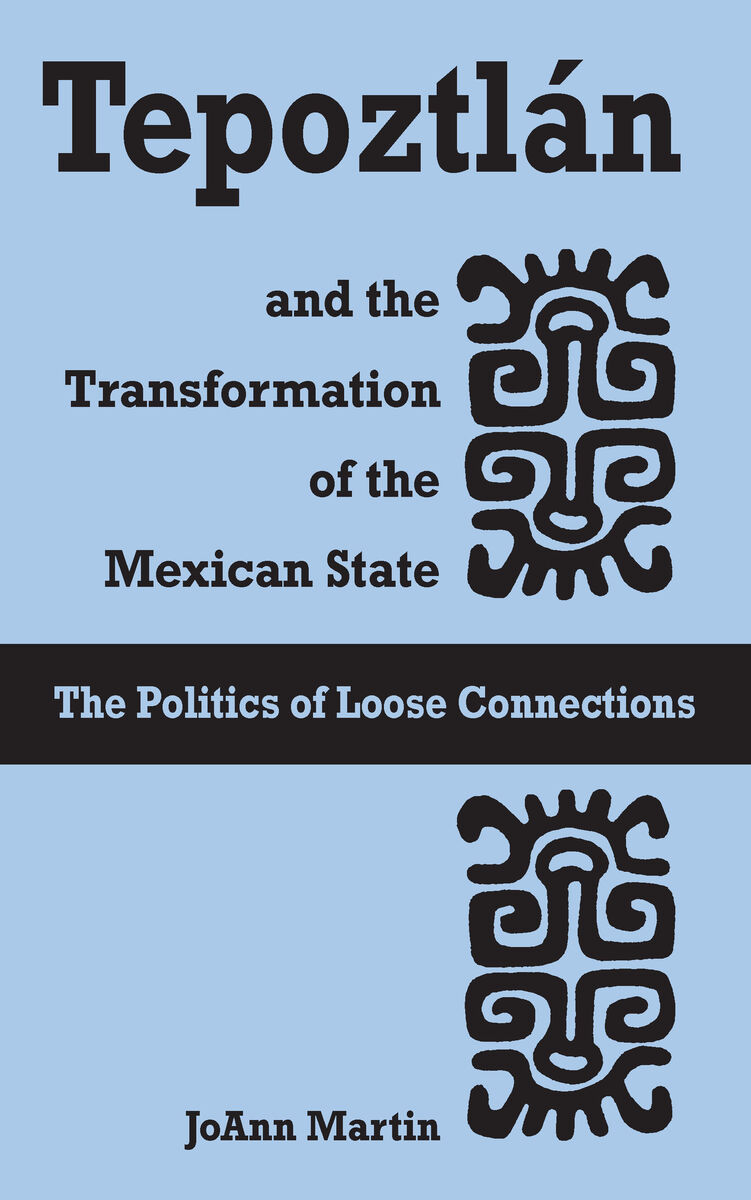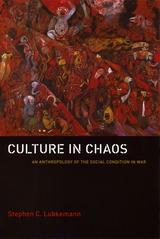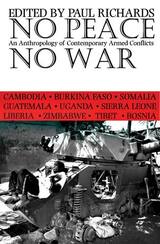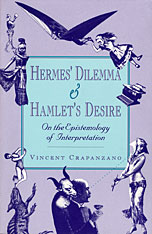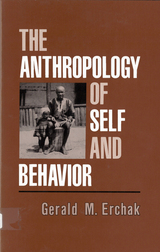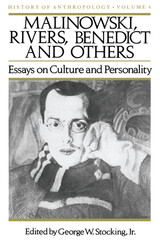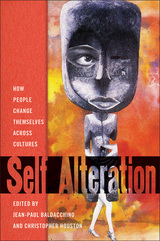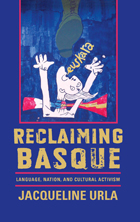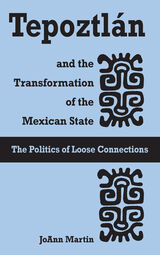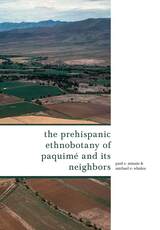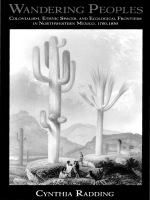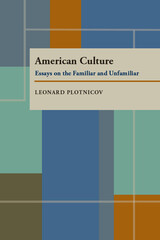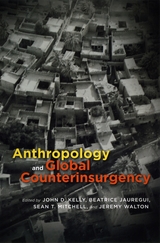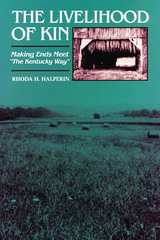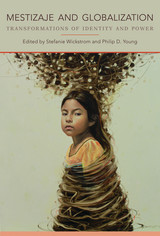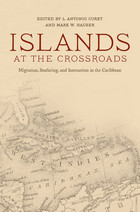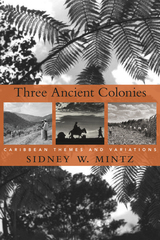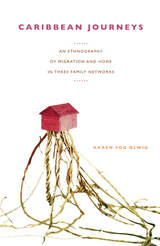Tepoztlán and the Transformation of the Mexican State: The Politics of Loose Connections
University of Arizona Press, 2005
Cloth: 978-0-8165-2443-3 | eISBN: 978-0-8165-5114-9
Library of Congress Classification GN560.M6M37 2005
Dewey Decimal Classification 306.2097249
Cloth: 978-0-8165-2443-3 | eISBN: 978-0-8165-5114-9
Library of Congress Classification GN560.M6M37 2005
Dewey Decimal Classification 306.2097249
ABOUT THIS BOOK | AUTHOR BIOGRAPHY | REVIEWS | TOC
ABOUT THIS BOOK
During the 1980s and ’90s, Mexico weathered an economic crisis, witnessed electoral upheaval, and saw the dismantling of state subsidies to farmers and the privatization of nationally owned industries. This book considers how popular movements found fresh footing in this new political-economic landscape as villagers in Tepoztlán fought to keep communal lands out of the hands of outsiders, the state, and—increasingly—global capitalists. Examining social movement politics from the margins rather than the center, JoAnn Martin revisits the famous Redfield-Lewis debate on Tepoztlán to argue that the gossip seen by Oscar Lewis as undermining community coherence is really a form of political practice. During more than fifteen years of research, she observed the metamorphosis of a movement founded as a revolutionary popular struggle into what she terms a “politics of loose connections,” in which temporary alliances, flexible identities, and shifting rhetoric are adapted to the demands of the moment. Martin examines contemporary land struggles with an emphasis on the Comité para la Defensa de Tierra and its attempts to weave together strands of an invented tradition, contemporary agrarian reform law, and revolutionary ideology. She shows how Tepoztecan politics borrows discourses from the Mexican state; she then tells how this process shaped local politics in the midst of the contested 1988 national presidential election when local actors elaborated a discourse of democracy as a technique for disciplining gossip, and in 1991 when Tepoztecans began to draw on the support of international environmental NGOs. Throughout her analysis, Martin explores how Tepoztecan politics unfolds in the climate of mistrust first nurtured by the role of the state in local politics and later by the demands of working with U.S. and Western European environmentalists. Martin shows that the politics of loose connections is above all else a style of political participation that has proved adaptive in the contemporary political landscape, and that understandings of politics have been dogged by a conception of connections that may well be obsolete in the contemporary world. Her study is a balanced re-evaluation of Tepoztlán that reveals how politics succeeds through loose connections, a strategy that may be instructive for others seeking to survive in either local or global coalitions.
See other books on: Ethnology | Land reform | Mexican State | Political anthropology | Transformation
See other titles from University of Arizona Press
